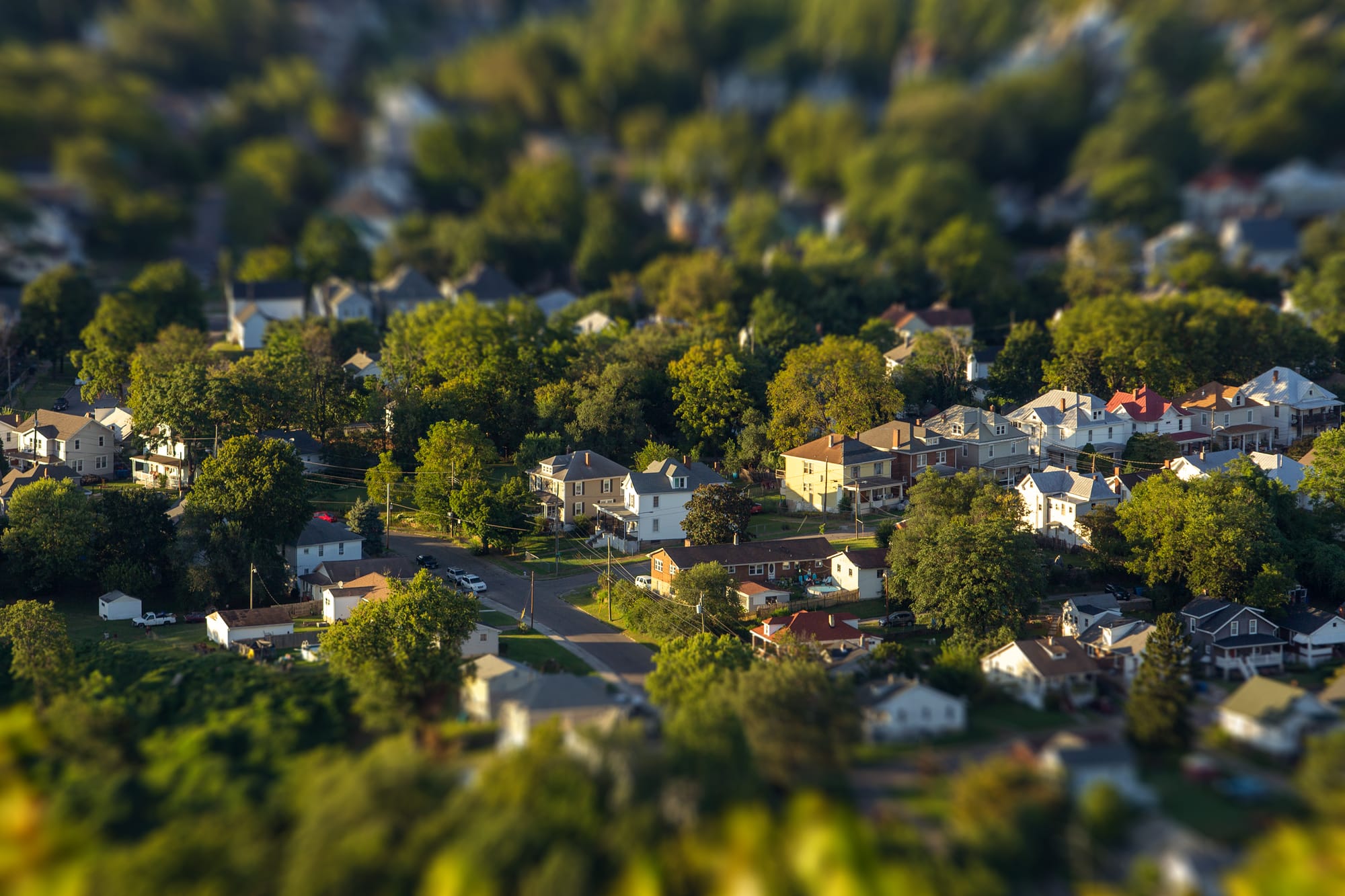'Council Isn't Immune': Property Values Are Rising. Here's How Much Elected Leaders' Homes Went Up.
Roanoke property owners are seeing an average 8 percent increase in their real estate tax bills this year, a historically high but downward-trending assessment.

Roanoke property owners are seeing an average 8 percent increase in their real estate tax bills this year, a historically high but downward-trending assessment since the pandemic.
“The last three years have been really tough,” Kelvin C. Bratton, the city’s director of real estate valuation, told City Council members Tuesday. “It’s moderating, and I’m kind of hopeful that these things will balance out.”
Every year, city assessors estimate the fair market value of properties based on recent sales of homes and commercial buildings.
Were the city to collect bills for every property owner, this year’s increased assessment would translate to an additional $10.7 million for city coffers. Roanoke's budget last year was about $380 million, of which roughly $123 million came from local real estate taxes.
The city’s tax rate of $1.22 per $100 in assessed value has remained unchanged since 2015. But that hasn’t stopped some residents and politicians from urging a tax cut or temporary relief as some homeowners face double or triple-digit increases in their property’s value.
“When the assessments go out, we frequently hear from citizens who are concerned,” Mayor Joe Cobb said Tuesday. “For some, it’s related to the level of increase. … Recently, it’s been fairly substantial over the last three years.”
Roanoke’s elected leaders have seen their own tax assessments go up this year, from a low of 1.5 percent to high of 20 percent, according to members and city records.
“Council isn’t immune from the increases either,” Councilman Nick Hagen said in an interview. Hagen’s downtown building went up 2.6 percent in value, city real estate records show.
Property assessments for Cobb’s home in Old Southwest and Councilman Peter Volosin’s in South Roanoke each went up about 1.5 percent, according to city records.
Councilwoman Vivian Sanchez-Jones said the assessment on her home in Northeast went up 5.9 percent.
Councilman Phazhon Nash’s family home in Fairland saw a 10.4 percent increase in its assessed value, he said, while Vice Mayor Terry McGuire’s home in Old Southwest went up nearly 20 percent in value, records show.
“It’s definitely one of the things that we’re very cognizant about and I’m hoping that my colleagues will see and understand that, ‘Hey we need to give some relief to people,’” Hagen said.
City officials say every one cent in the real estate tax translates to $1 million in the budget.
Tom Blanton told Council members Tuesday he has owned property in the city for 35 years. He asked leaders to consider a 2-cent reduction in the tax rate. ,
“Unless the tax rate is lower, the city will receive 9 percent more in taxes than the inflation rate,” Blanton said. “That massive increase in taxes is excessive and part of it should be returned to the taxpayers in the form of a rate reduction.”
Bratton said Salem was projecting an assessment increase of 8.3 percent this year and Roanoke County was projecting 7.5 percent.
As property values increase, so have the number of appeals to the city, according to Bratton’s presentation. Those increased from 133 appeals in 2021 to 484 last year.
Property owners have until Feb. 5 to file appeals with the Office of Real Estate Valuation, and if they disagree with that decision, can then appeal to the Board of Equalization. Bratton said his office can help residents with filing an appeal.
The city also offers various real estate tax relief programs, such as for elderly residents, disabled people and military veterans.
Roanoke hasn’t experienced healthy increases in its housing and business stock in decades.
Since the Great Recession, average real estate assessments ranged from -1 percent to about 3 percent annually.
Values jumped in the pandemic’s wake, rising to a projected 7.5 percent in 2022, 9.7 percent the following year and peaking at 10 percent last year, according to Bratton’s presentation.

